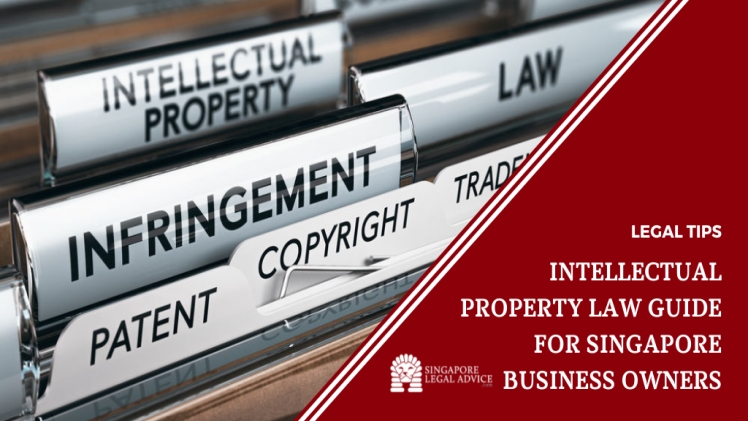Basic Guide to Intellectual Property (IP) Law

Intellectual property, also known as IP, is a category of property that includes creations of mind and intangible assets. It is an important topic under commercial and corporate law. There are different types of intellectual property. The aim of this article is to provide a rundown of important points related to IP law.
Know more here wpit18
Regardless of whether you run a business or not, it is important to understand intellectual property. Intellectual property becomes especially important when discussing ideas, content, and other creative inventions.
Moreover, having legal protection for intellectual property rights makes your “intangible” assets more tangible. Therefore, having legal protection for your intellectual property is extremely important.
In this article, we will explore key aspects related to intellectual property and why you should take steps to protect your IP as soon as possible.You Get all Info About Guitar
Intellectual Property: What You Need to Know
As briefly outlined above, intellectual property is property related to ideas, inventions, and creations. Moreover, intellectual property can be of the following types:
- Copyrights
- Patents
- Trademarks
Copyrights
Copyright is a type of intellectual property that is granted to the owner upon creation of an idea or innovation. It provides legal protection for original ideas and information in some formats. These formats include written text, visual images, moving images and music.
The Copyright Act 1968 provides this legal protection. Moreover, it is important to know about “infringement” of copyright. Infringement happens when a person uses something that is protected by copyright without taking permission where this permission is required.
A party who uses something protected by copyright must obtain permission from the copyright holder. In Australia, the Department of Communications and the Arts regulates copyrights.
Patents
Unlike copyrights, a person must first register an invention or creation as a patent before it can be legally protected by the Patents Act 1990.
In Australia, devices, products, methods, or processes need to use a standard patent. Essentially, it is a right of intellectual property for a more “technical” invention. For example, computer programs, machines, medicines etc can be patented. Within patent, there are broad types of patents namely standard patent, innovation patent or pharmaceutical patents.
Trademarks
Trademarks are similar to copyright in that it helps a party distinguish their good or service from other traders. Trademarks can apply to a number of things like a logo, word, text, shape, picture etc.
While it is not compulsory to register trademark, it is important for a person or company to do so. Registering trademark offers protection from unnecessary legal complications in the future.
In case another company or person tries to impersonate the product or service you are selling by using the same name, you will not be able to make any claims if you have not registered your trademark. In other words, it is safer to always get your trademark registered.
Intellectual Property: Frequently Asked Questions
When should I protect intellectual property? Is there a best time?
Of course, you should be looking into your IP rights immediately. There is no “right” time but the sooner you get this done, the better.
Do I need assistance from lawyers?
Lawyers are leading experts when it comes to registering trademarks, or civil lawsuits due to infringement. It is always advisable to seek professional guidance.
Are there costs involved?
There are some costs involved if you are seeking to protect your IP. The costs may differ depending on which country you are in, and the type of IP you hold. However, it is always worth it since you will avoid unnecessary hassles in the future.
Author info:
John Bui is the Principal Solicitor of JB Solicitors – a law firm based in Sydney, Australia. John has extensive knowledge in the areas of family law and commercial litigation.




